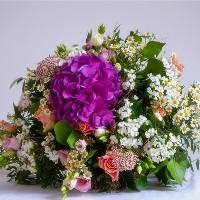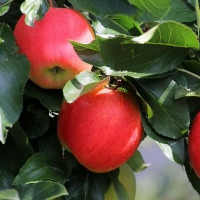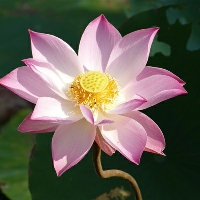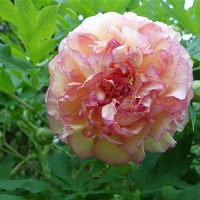Conditions for high school students to study in Japanese universities
High school students studying in Japanese universities need candidates who have completed all the necessary courses in their own country, can provide the corresponding proof of Japanese proficiency, have graduated from high school or are about to graduate from senior high school, and have no bad bank statement records in the past three months.
What are the conditions for high school students to study in Japanese universities? 1、 Candidates have completed all necessary courses in their home country
Candidates need to complete 12 years of formal school education in their home country, have completed or will complete all courses, and must submit their own transcripts when registering. 2、 Candidates can provide corresponding proof of Japanese proficiency
Candidates need to provide their minimum proof of Japanese proficiency, such as J-TEST, JLPT, etc., and their Japanese proficiency should reach at least N2. Before entering school, the school should organize a language proficiency test and arrange a preparatory class for a certain period according to the test results. 3、 Candidates have graduated from high school or are in junior high school
High school students who go to Japan to study abroad and apply in senior three need to submit materials that can prove that they have graduated from high school or are about to graduate. The same requirements apply to students with the same educational background, that is, technical secondary school and vocational college candidates. 4、 Candidates have no bad bank statement records in the past three months
Candidates need to submit their own or their families' bank statements for nearly three months, which is a certification required by foreign schools, mainly to verify the financial situation of candidates and their families and whether they can afford to study and live abroad.










